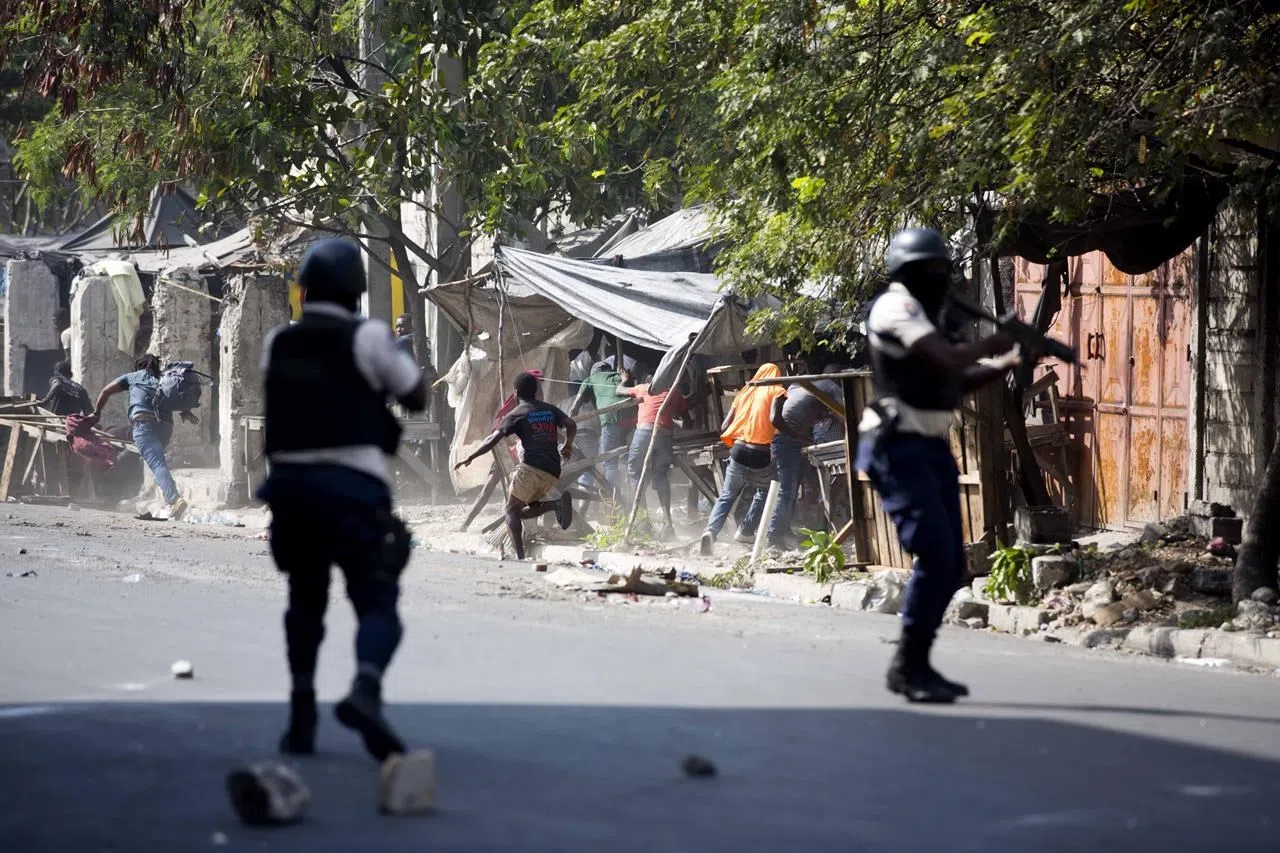
Canadians make harrowing trek to Haiti airport as Ottawa advises against travel
MONTREAL — An Ottawa physician who navigated the dangerous roads of Haiti Friday to get to the Port-au-Prince airport with three Canadian colleagues says he feel lucky to be alive and is warning others stranded in the strife-torn country not to follow his lead.
“Please do not do (what I did), because you can get killed,” Dr. Emilio Bazile told The Canadian Press from the airport after a harrowing seven-and-a-half hour journey that ended with his group hiring an ambulance driver to secure safe passage.
“It was a dangerous game.”
Bazile and his group, which included three health professionals from New Brunswick, decided they would set out early Friday in two vehicles, hopeful that negotiations between the Haitian president and the opposition would end the protests.


